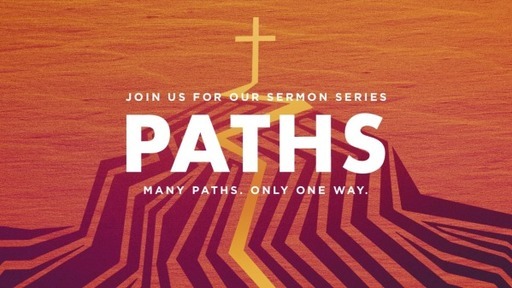The Path to Hell is Paved with Good Intentions

The True Path calls for sacrificial and immediate action
The first man is enthusiastic and pledges to follow Jesus anywhere (v. 57). But Jesus responds by underlining the cost to following him (v. 58). Even animals have a place to sleep, but Jesus experiences homelessness and rejection as the preceding episode with the Samaritans shows.
Jesus invites the second man to follow him (v. 59). This man responds with a reasonable request. He wants to go home and bury his father first. In Judaism burial of dead relatives was a duty, and it was even considered more important than studying the law. Even priests were permitted to bury their relatives (Lev. 21:1–3); therefore, Jesus’ answer is startling. He overturns social conventions, insisting that the kingdom of God has priority over family loyalties. When Jesus says let the dead bury their own dead, he means leave the task of burying the “physically dead” to those who are “spiritually dead.”
Lastly, a man promises to follow Jesus after saying farewell to his family (v. 61). Again, this is a reasonable request; Elijah let Elisha say farewell to his family before the latter followed the former (1 Kings 19:19–21). Nevertheless, Jesus’ call is more radical. No one can plow effectively if one looks back, for the furrow will be crooked and the wooden plow tip might break. So too, no one can follow Jesus without making him the absolute and exclusive center of life.
